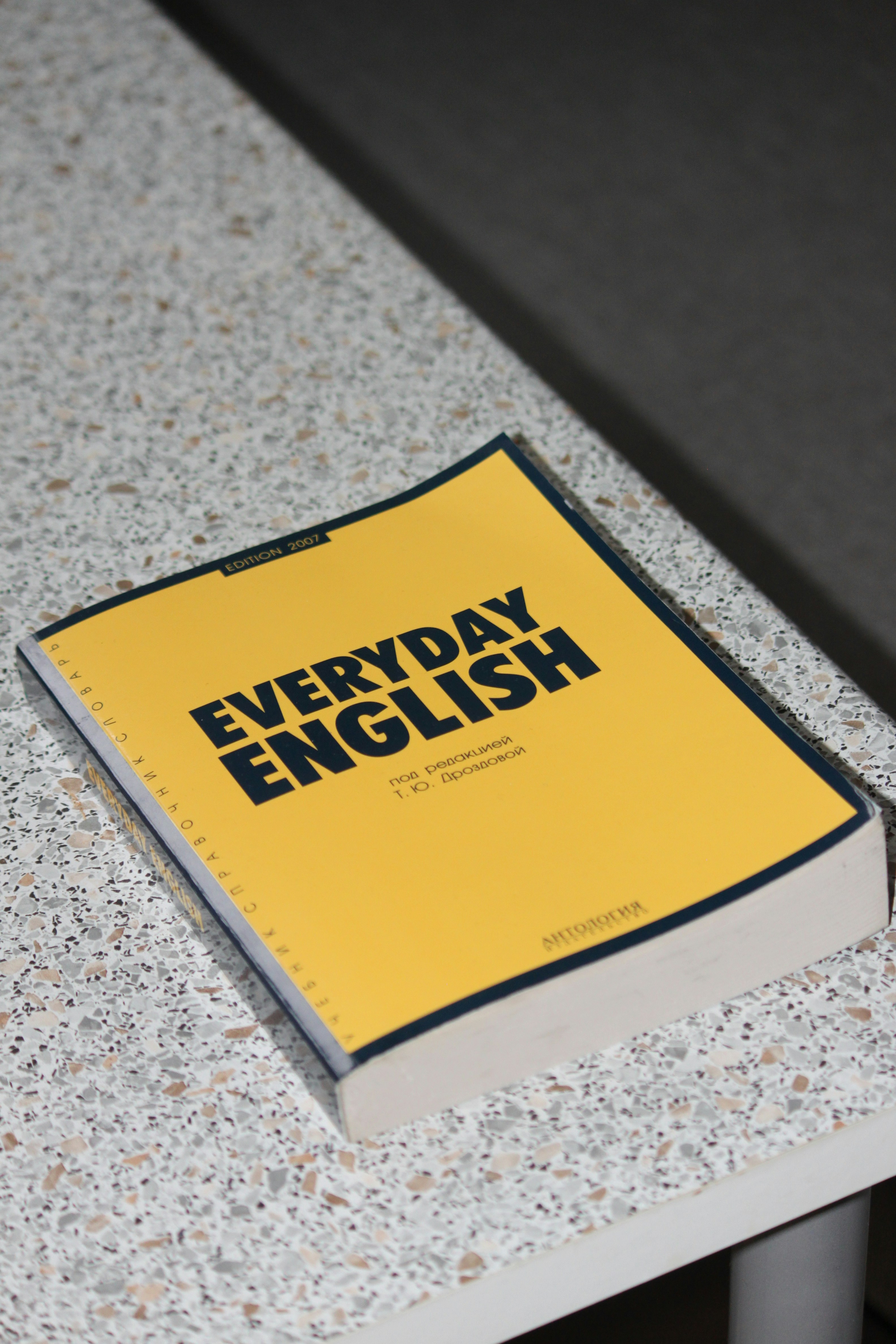Teaching English Language at the GCSE level isn’t just about ticking boxes—it’s about sparking curiosity, honing essential skills, and empowering students to express themselves. The AQA English Language curriculum gives you a fantastic framework, but how you approach it is where the magic happens.
If you're looking for fresh, fun, and practical assessment ideas that align perfectly with the AQA spec, you're in the right place. Let’s dive into ways you can make assessments engaging, creative, and maybe even a bit enjoyable—for you and your students.
How the AQA Curriculum Works for You
Before we jump into the ideas, let’s take a quick look at how the AQA English Language specification works. At its heart, it focuses on three key areas:
- Critical Reading: Helping students analyze, interpret, and compare texts from different genres and time periods.
- Creative Writing: Inspiring students to produce their own descriptive or narrative pieces.
- Spoken Language: Building confidence and clarity in speaking and listening tasks.
Your assessments should aim to tick these boxes while keeping your students engaged and progressing.
Assessment Ideas That Bring the Curriculum to Life
1. Literary Treasure Hunts
Why not turn analysis into a game? Give your students a piece of 19th-century fiction and challenge them to find hidden “treasures” like metaphors, similes, or examples of tone shifts. Add a competitive edge by awarding points for unique finds or insightful explanations.
- Why it Works for You: It's fun, it sparks critical thinking, and it aligns perfectly with the AQA reading objectives (AO2).
- Pro Tip: Use digital tools like Google Docs to create interactive worksheets.
2. Compare and Contrast Showdowns
Pair a Victorian newspaper article with a 21st-century blog on a similar theme. Your students can compare the perspectives, styles, and language techniques. Encourage them to argue their case in groups—who said it better, and why?
- Why it Works for You: This hits AO3 (comparison skills) and encourages lively debates.
- Quick Win: Use free online archives like The British Library to source historical texts.
3. The Descriptive Writing Challenge
Show your students a dramatic image—a stormy beach or a bustling market—and ask them to describe it in 150 words. The twist? Every word must serve a purpose, and they'll lose points for unnecessary ones.
- Why it Works for You: This encourages precision and creativity, linking directly to AO5 and AO6.
- Try This: Use royalty-free image sites like Unsplash for striking visual prompts.
4. Real-World Writing Tasks
What about something that feels relevant? Ask your students to write a letter to a local council about a topic they care about, like a new skatepark or saving green spaces. Not only does this give their writing purpose, but it also teaches them to adapt their tone and language for specific audiences.
- Why it Works for You: It's practical and addresses real-world writing skills. Plus, it makes grammar lessons feel less like, well, grammar lessons.
5. Peer Feedback Masterclasses
Want to reduce your marking load? Turn your students into the experts. Pair them up, and give each pair a rubric (based on AQA’s mark schemes). They’ll read each other’s work, give constructive feedback, and learn to critically evaluate writing.
- Why it Works for You: Saves you time, builds confidence, and reinforces what great writing looks like.
Making Spoken Language Shine
6. Mini Debates That Pack a Punch
Set up quick, fiery debates on topics your students care about—"Should social media be banned for under-16s?" or "Are school uniforms outdated?" Give them a few minutes to prep, then let the debates begin.
- Why it Works for You: This hones speaking and listening skills (AO7 and AO8) and gets even shy students involved.
7. Storytelling Showcases
Ask students to create a short story based on their family history or a local legend. They’ll then present it to the class, focusing on their tone, clarity, and engagement.
- Why it Works for You: It’s personal, meaningful, and checks those spoken language boxes (AO7 and AO9).
Tips for Streamlining Your Assessments
- Mix It Up: Use a combination of written, verbal, and creative tasks to keep things interesting.
- Use Tech to Save Time: Tools like Kahoot! for quizzes or Padlet for collaborative brainstorming can make your life easier.
- Offer Choices: Give students options—write a story or create a speech. It helps with engagement and plays to their strengths.
Where AI Fits In (Briefly!)
Okay, let’s address the tech elephant in the room—AI tools like Marking.ai. They can help you save hours of grading while providing detailed, consistent feedback that aligns with AQA criteria. Think of it as a way to focus more on teaching and less on admin.
FAQs
How can I make assessments more engaging for my students?
Incorporate activities like debates, treasure hunts, or creative challenges that tap into their interests and encourage active participation.
What’s a good way to integrate 19th-century texts into lessons?
Pair them with modern texts on similar themes for comparison or use them as the basis for descriptive writing prompts.
How can I prepare students for the spoken language endorsement?
Organize mini-debates, storytelling activities, or group presentations to build confidence and fluency.
What tools can help streamline marking and feedback?
AI platforms like Marking.ai or collaborative tools like Google Docs can save you time and ensure consistent grading.
How do I align fun activities with AQA objectives?
Check each activity against the AQA assessment objectives—critical reading, creative writing, and spoken language—and adapt as needed.
What’s a quick way to reduce marking time?
Try peer feedback sessions with structured rubrics—it’s a win-win for you and your students.
Conclusion
Your assessments don’t have to feel like a chore—for you or your students. By incorporating creative ideas like debates, treasure hunts, and real-world writing tasks, you can bring the AQA curriculum to life in ways that are both fun and impactful. And if you’re looking to save time on marking while delivering high-quality feedback, tools like Marking.ai can be a game-changer. Ready to transform how you teach English Language GCSE? Dive into these ideas and make your assessments as dynamic as your lessons!
For more innovative tools and tips, visit Marking.ai.




SUBMIT YOUR COMMENT